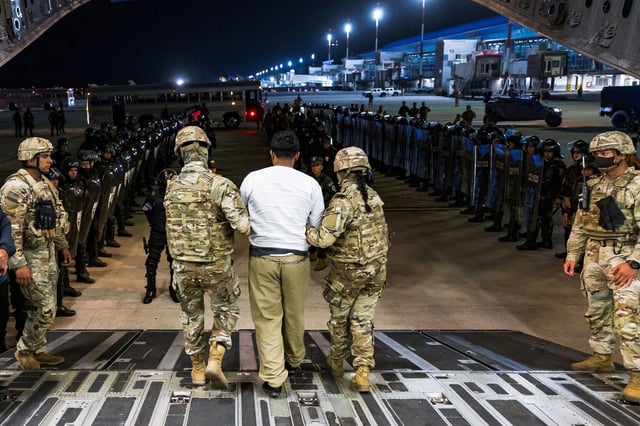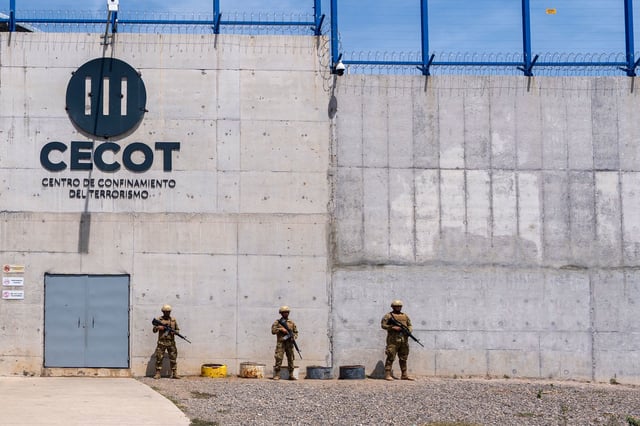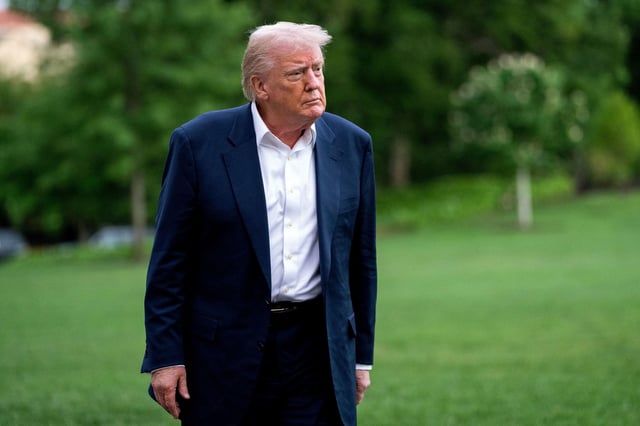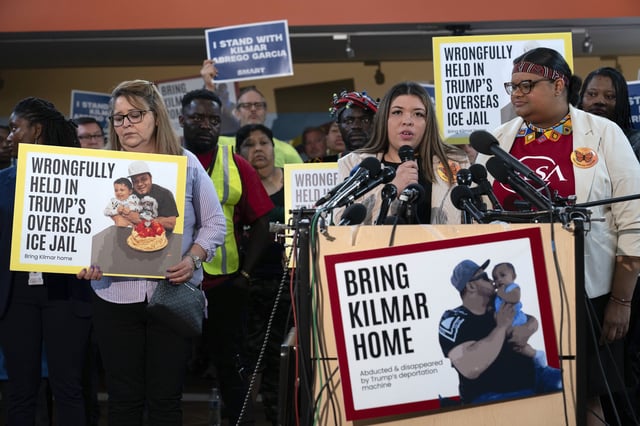Overview
- Two federal judges ruled on May 6 that President Trump’s invocation of the 1798 Alien Enemies Act to deport alleged Tren de Aragua members is unlawful, citing a lack of evidence of an invasion or predatory incursion.
- A newly declassified National Intelligence Council memo contradicts the administration’s claim that Venezuelan President Nicolás Maduro directs the gang, stating there is no policy of cooperation between the Maduro regime and Tren de Aragua.
- The Supreme Court previously ruled that migrants detained under the Alien Enemies Act must be given the opportunity to challenge their removal in court, adding due process safeguards to deportation efforts.
- The Justice Department has launched a criminal investigation into leaks of classified intelligence, following the release of the memo that undermines the administration’s rationale for the deportations.
- Deportees have been sent to El Salvador’s CECOT prison, raising significant human rights concerns, as courts and critics question the legality and fairness of the administration’s expedited deportation process.



